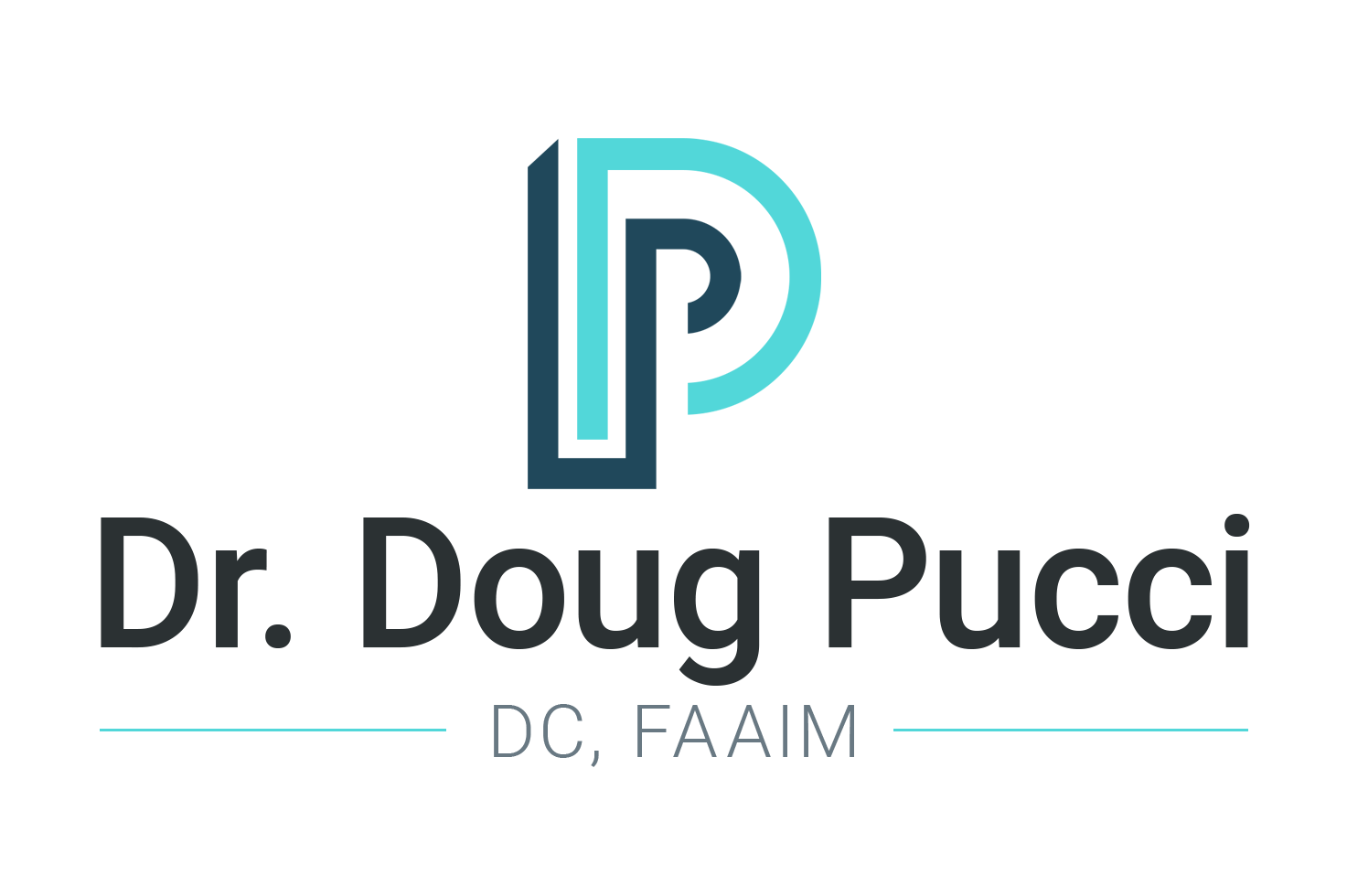Inflammation—At the Root of Cardiovascular Disease Heart attack and stroke caused by inflammation, not atherosclerosis, is key to research findings and prevention.
Many patients have heard me say “inflammation is the precipice of all disease”, and that’s true for everything, including cardiovascular disease (CVD). Functional medicine practitioners have known this for years, and now conventional medicine is finally realizing it too.
The shift away from atherosclerosis (the accumulation of fatty deposits on the inner walls of arteries and the dominant cause of heart attack and stroke) being considered “an exclusively lipid-driven disease” is relatively recent and clearly shown in a study published in the New England Journal of Medicine as well as the journal Current Opinions in Cardiology. This study shows compelling data, compiled over the past few decades, that the belief of lipids as the cause of atherosclerosis “has been gradually replaced by the concept of a chronic low-grade inflammatory process of the arterial wall.”
The study reveals the important role of inflammation in atherosclerosis and “examines selected anti-inflammatory interventions that have been tested in clinical trials designed to prevent adverse cardiovascular disease events and excess heart health risk.” In plain English, this means that arterial plaquing, once thought to be the cause of heart attack and stroke, is actually a result of inflammation and is instead cardio protective. In other words, the plaque is the bandaid, not the culprit.
It’s interesting to also note that the study review stated that “the recurrence of CVD events remains unacceptably high” with traditional treatments such as statins, bypass surgery, and kexin type 9 inhibitors. Cardiologists involved in the study now believe that an anti-inflammatory therapy can reduce the chances of patients experiencing a repeat event. Inflammation is commonly present in heart attack and stroke patients, according to the American Heart Association, and further research into the role of inflammation in cardiovascular events is ongoing.
The How and Why of Chronic Inflammation
It’s chronic inflammation, as opposed to acute injury, which is pivotal in the development of atherosclerosis. Chronic inflammation can occur as a result of:
- environmental toxins
- smoking
- diets high in sugars
- trans fats
- refined carbohydrates
- certain medications
White blood cells interpret even low levels of systemic chronic inflammation as a threat, which triggers a response by our immune system. When it finds no actual illness, elevated white blood cells can instead attack internal organs, cells, and healthy tissues, which can lead to many health problems from cancer to stroke and heart disease. Cardiovascular disease can be the outcome when inflammatory cells cause a buildup of arterial plaque after staying in blood vessels too long.
While conventional medicine typically believes there are no outright symptoms that serve as warning signs of chronic inflammation, functional medicine practitioners know to look for certain signs which, in conjunction with a comprehensive blood test, may point to the possibility of an inflammatory condition. These include joint or muscle pain, seasonal allergies, gastro-intestinal problems, skin conditions or rashes, moodiness, cognitive issues including brain fog, and others.
Routine blood tests should check for the presence of high levels of the inflammatory marker C-reactive protein (CRP), which is a potential indicator of inflammation in the blood. Elevated levels of CRP are associated with a number of health issues ranging from higher risks of heart disease and lupus to infections and rheumatoid arthritis. Until recently, most doctors did not routinely include testing for CRP levels with regular blood work, even though patients with normal cholesterol but high levels of CRP have a risk factor of heart disease that is several times higher than those with lower CRP levels.
Prevention and Reversal, Naturally
The good news is that there are ways to bring inflammation levels down without using either prescription or over-the-counter medications, both of which can lead to additional health problems and damage internal organs. The answer lies in lifestyle and dietary modifications, as stated in a Harvard Medical School article published by Harvard Health:
“Doctors are learning that one of the best ways to reduce inflammation lies not in the medicine cabinet, but in the refrigerator. By following an anti-inflammatory diet you can fight off inflammation for good.”
This is the same philosophy and approach that functional medicine has used for many years. Diets rich in whole foods and healthy fats, like the Mediterranean diet, include food choices that carry a wide range of beneficial nutrients including high antioxidants, protective polyphenol compounds, vitamins, minerals, and so on that can improve not only inflammation, but also overall health and quality of life.
A few of the foods included in an anti-inflammatory diet are fresh fruits and vegetables, wild-caught fish (particularly fatty fish high in Omega-3s like salmon, sardines, anchovies, and others), certain nuts, and many others. Some seasonings, herbs, teas and spices can also help reduce chronic inflammation while adding even more flavor to meals; these include turmeric, cinnamon, green tea, rosemary, black pepper, ginger and more.
Keep in mind that the quality of food eaten matters as well—it’s always best to buy organic as much as possible, and choose wild-caught fish and pastured eggs and meat instead of farm raised.
But just as important as eating anti-inflammatory foods is kicking the pro-inflammatory foods habit. Foods known to cause inflammation include sugar-sweetened drinks, refined carbs, added sugars, processed and fast foods, fried foods, and foods containing trans fats such as non dairy creamers, margarine, snack foods like microwave popcorn, many prepared baked desserts, foods containing partially hydrogenated oils (most take-out and “junk” foods), and more.
Dr. Doug Pucci is a functional medicine practitioner who was honored in 2020 to receive both The Best Of 2020 Awards for Functional Medicine in Oradell, NJ, and entry into Trademark Publications’ Who’s Who Directory, Honors Edition, for his pioneering work. He provides comprehensive testing for health biomarkers, advanced discovery into brain/body well-being and personalized nutrition for a diversity of people and symptoms.
For more information, call 201-261-5430 or visit GetWell-Now.com








